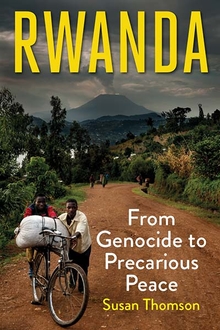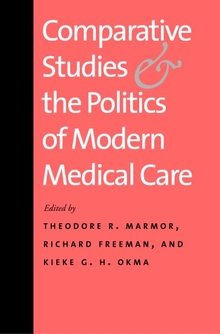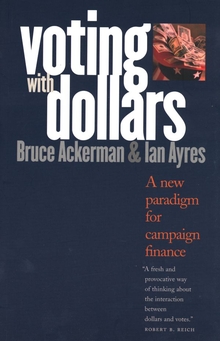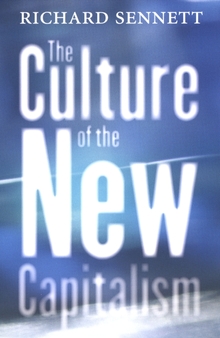Rwanda
WARNING
You are viewing an older version of the Yalebooks website. Please visit out new website with more updated information and a better user experience: https://www.yalebooks.com
From Genocide to Precarious Peace
Susan Thomson
A sobering study of the troubled African nation, both pre- and post-genocide, and its uncertain future
The brutal civil war between Hutu and Tutsi factions in Rwanda ended in 1994 when the Rwandan Patriotic Front came to power and embarked on an ambitious social, political, and economic project to remake the devastated central-east African nation. Susan Thomson, who witnessed the hostilities firsthand, has written a provocative modern history of the country, its rulers, and its people, covering the years prior to, during, and following the genocidal conflict. Thomson’s hard-hitting analysis explores the key political events that led to the ascendance of the Rwandan Patriotic Front and its leader, President Paul Kagame. This important and controversial study examines the country’s transition from war to reconciliation from the perspective of ordinary Rwandan citizens, Tutsi and Hutu alike, and raises serious questions about the stability of the current peace, the methods and motivations of the ruling regime and its troubling ties to the past, and the likelihood of a genocide-free future.
The brutal civil war between Hutu and Tutsi factions in Rwanda ended in 1994 when the Rwandan Patriotic Front came to power and embarked on an ambitious social, political, and economic project to remake the devastated central-east African nation. Susan Thomson, who witnessed the hostilities firsthand, has written a provocative modern history of the country, its rulers, and its people, covering the years prior to, during, and following the genocidal conflict. Thomson’s hard-hitting analysis explores the key political events that led to the ascendance of the Rwandan Patriotic Front and its leader, President Paul Kagame. This important and controversial study examines the country’s transition from war to reconciliation from the perspective of ordinary Rwandan citizens, Tutsi and Hutu alike, and raises serious questions about the stability of the current peace, the methods and motivations of the ruling regime and its troubling ties to the past, and the likelihood of a genocide-free future.
Susan Thomson is associate professor of peace and conflict studies at Colgate University. In 1994, she was program officer for the United Nations Development Programme and present in Rwanda during the crisis. She lives in Hamilton, NY.
“An insightful and unique bottom-up examination of two decades of rule by the RPF, and a much needed warning that structural violence in today's Rwanda may again mutate into lethal conflict.”—Filip Reyntjens, author of Political Governance in Post-Genocide Rwanda
“This is the best guide to an understanding of a society torn to bits by genocide. Thomson cuts through the veil of prejudice and ignorance surrounding one of the continent’s most controversial dictatorships in a way no other book does. Truly excellent.”—René Lemarchand, University of Florida
“An indispensable guide to the complex politics in Rwanda since the genocide of 1994. Based on years of research and a longstanding interest in the experiences of ordinary Rwandans, this accessible and nuanced study challenges many assumptions on the role of the state in the East African country.”—Catharine Newbury, author of The Cohesion of Oppression
“A powerful and important reexamination of the history of the Rwandan genocide and its aftermath under Paul Kagame. This is a book that challenges much of the received knowledge about Rwanda's recovery from one of the worst bouts of atrocity in the 20th Century, and deserves reading by anyone who wishes to understand this country's many modern traumas.”—Howard W. French, author of A Continent for the Taking
“A vital contribution towards understanding the link between Rwanda's 1994 genocide and its current precarious peace."—Anjan Sundaram, author of Bad News
“A welcome follow-up to her first book, Whispering Truth to Power. . . . Thomson provides an essential model for humanistic representations of life under state power, despite, and perhaps even to combat, the dehumanizing nature of state power itself. . . . A laboriously researched, comprehensive, narrowly focused account of the RPF.”—Kathryn Mara, Africa Today
"A critical examination of President Paul Kagame and the Rwandan Patriotic Front's (RPF) post-conflict reconstruction model. . .The wide scope of the book—from the colonial origins of the genocidal state to the possibilities of future violence—is testimony to Thomson's masterful knowledge of the country's many complexities."—Aditi Malik, African Studies Review
ISBN: 9780300197396
Publication Date: April 24, 2018
Publication Date: April 24, 2018
344 pages, 6 1/8 x 9 1/4
15 b/w illus., 5 figs & 2 maps
15 b/w illus., 5 figs & 2 maps








